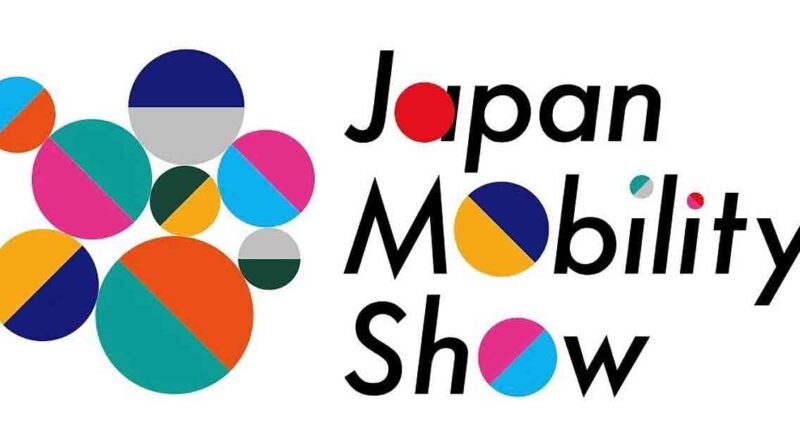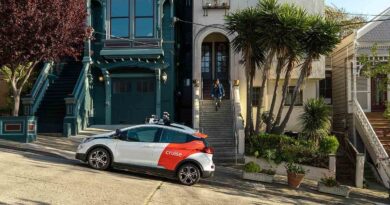Japan Mobility Show tries dance festivals and food trucks amid tepid overseas response
TOKYO – Organizers of this year’s rebranded Tokyo Motor Show, bracing for another meager international turnout, plan to cast a wider net for locals by incorporating everything from dance displays and music festivals to all manner of things on wheels, from robots to food trucks.
After the presence of overseas carmakers at Japan’s premier auto expo shrank to just four brands at the last gathering in 2019, organizers rebranded the event as the Japan Mobility Show. But international participation is expected around the same level when doors open in October.
Jun Nagata, head of the show’s organizing committee at the Japan Automobile Manufacturers Association, acknowledged that motor shows worldwide have been “shrinking” over the years.
“Only national carmakers now take part in their country’s motor show,” he said at a Wednesday briefing. “Given such a trend, this small representation by foreign carmakers is understandable.”
At the last Tokyo Motor Show in 2019, only four international brands showed up — Mercedes-Benz, Smart, Renault and Alpine — while the event drew more than 1.3 million people.
This time, JAMA wants to attract 1 million visitors during its Oct. 25-Nov. 5 run.
Organizers expect about 220 companies, plus 100 startups competing in a business pitch contest. That compares with the 192 companies that attended the 2019 Tokyo Motor Show.
JAMA said it would identify this year’s participants at a later date.
Nagata, who also serves as chief communications officer at Toyota Motor Corp., said the reinvented show wants to be a mix of the Davos summit for the World Economic Forum, the annual Consumer Electronics Show and the South by Southwest music and arts festivals.
JAMA wants the rechristened event to rekindle interest through a broader platform for everything related to mobility, from disaster response robots and food trucks to mobility as a service businesses and startups. JAMA hopes it helps reinvigorate Japan’s manufacturing sector.
“Over time, we will accumulate experience and hope that overseas companies will view Tokyo as the place to talk about mobility,” Nagata said. “We will take on the challenge of creating a platform in which all kinds of participants can take part.”
The Japan Mobility Show will have three focal points — the Tokyo Future Tour, the Startup Future Factory and the Japan Future Session.
The Japan Future Session will be a series of discussion panels. Organizers plan to invite experts such as Gill Pratt, the CEO of the Toyota Research Institute, and host dialogues with the likes of JAMA Chairman Akio Toyoda and other leaders of Japan’s car industry.
Talk shops are also envisioned as involving startup entrepreneurs. They will cover such topics as electrification, future mobility societies and Japan’s multi-path approach to carbon neutrality.
“We would like to evolve this mobility show into a global event that can draw attention from all around the world,” Nagata said. “We are working hard to lay the foundations.”
Source : Autonews.com




